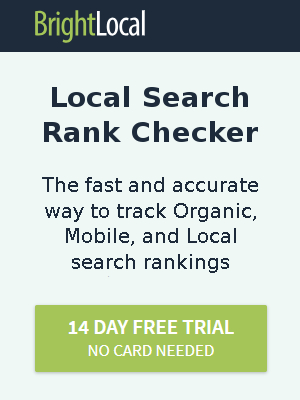Speed or Flexibility? The Website Platform Debate: WordPress vs. Static Site Generators
What’s the secret to a successful website? Selecting the right platform is a crucial factor. Business owners have a multitude of options available. How should you decide what’s best for your business? Two popular choices are WordPress websites and Static Site Generator (SSG) websites, each with its unique set of benefits and drawbacks. In this blog post, we’ll investigate the differences, weigh the pros and cons, and guide you toward the optimal choice for your specific needs. Let’s dive in.
WordPress Websites
Pros:
- User-friendly interface
- Extensive plugin library
- Large community support
- Built-in blogging capabilities
- Regular updates
Cons:
- Slower loading times compared to SSG
- Regular maintenance and updates required
- Higher security risk due to plugins and themes
WordPress, a beloved Content Management System by millions, provides flexibility and ease of use, catering to individuals of varying technical abilities. Its straightforward drag-and-drop interface empowers users without coding expertise to create captivating websites. With over 50,000 plugins, WordPress’s vast library allows for seamless functionality expansion. Additionally, an extensive support network enhances the user experience.
Despite its advantages, WordPress websites tend to load slower than SSG counterparts. As a result, website performance and search engine rankings may suffer. Maintaining a WordPress site demands consistent updates to ensure optimal security and performance. With numerous plugins and themes at your disposal, potential security vulnerabilities could arise – leaving your website susceptible to attacks.
Static Site Generator Websites
Pros:
- Faster loading times
- Enhanced security
- Low hosting costs
- Simplified backups and migration
- No need for a database
Cons:
- Less user-friendly
- Limited built-in functionality
- Smaller support community
- Lack of built-in blogging features
Contrastingly, Static Site Generator websites generate webpages during the build phase, offering faster loading times. This speed enhancement significantly impacts user experience and search engine rankings. SSGs deliver robust security by eliminating the need for a database or server-side scripting, reducing vulnerability risks. SSGs are cost-effective with lower hosting expenses, streamlined backups, and hassle-free migrations.
However, SSGs fall short in terms of user-friendliness, particularly for novices. Knowledge of web development languages like HTML, CSS, and JavaScript is necessary to build an SSG site. The support community is also notably smaller for SSGs when compared to WordPress. Moreover, SSG websites lack built-in blogging functionality, limiting content management options.
Conclusion
When looking at WordPress and Static Site Generator websites, each platform has its unique set of strengths and weaknesses. WordPress may be the way to go if seeking a user-friendly solution with an extensive range of built-in features. Conversely, if your priorities lean toward speed, security, and cost efficiency, an SSG website could be your ideal match. Ultimately, carefully examining the pros and cons to align with your goals and requirements will ensure you find the perfect platform for your website. So, are you ready to make a decision that will take your online presence to new heights?I’m Ready! Build My Site!


